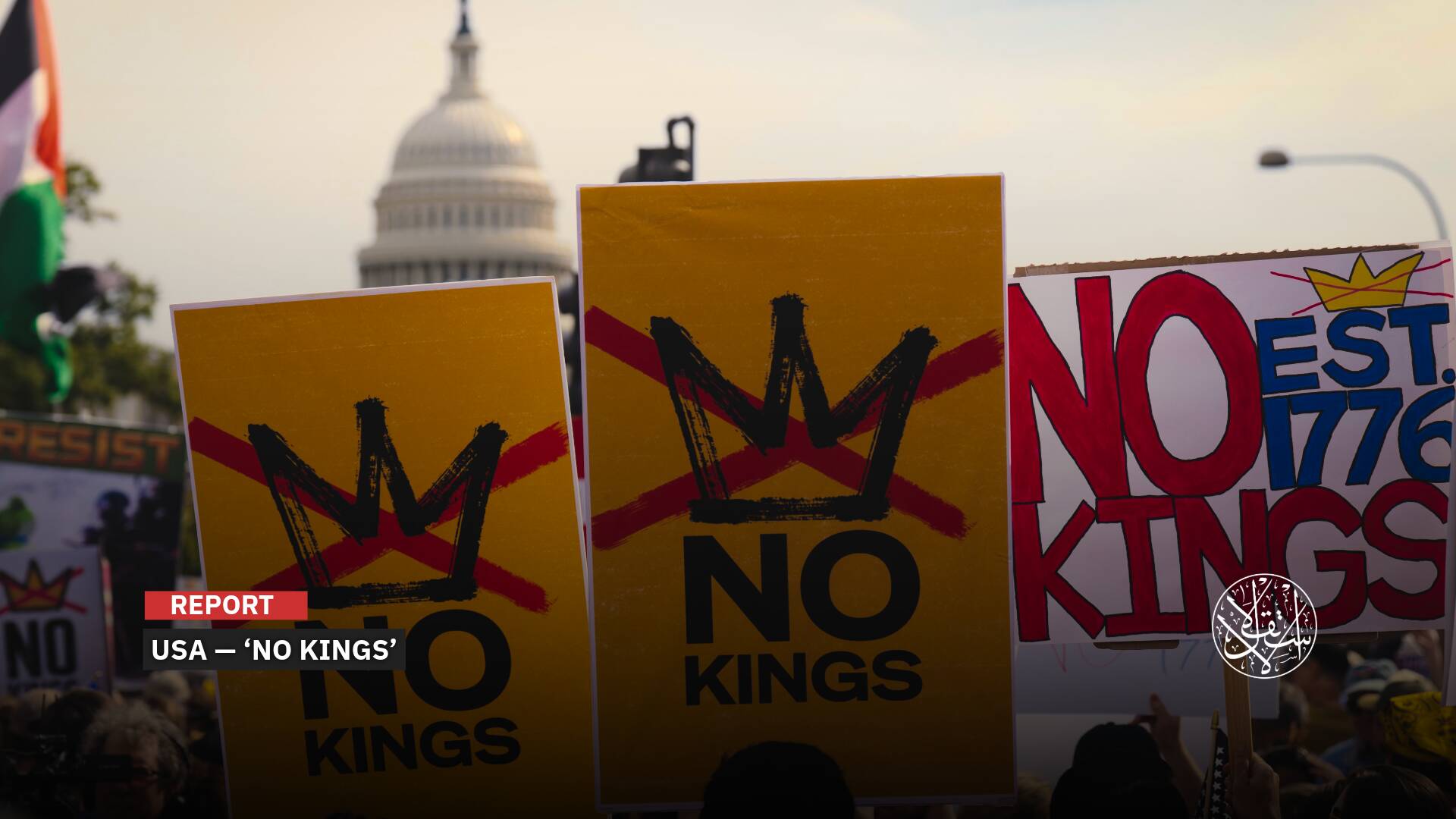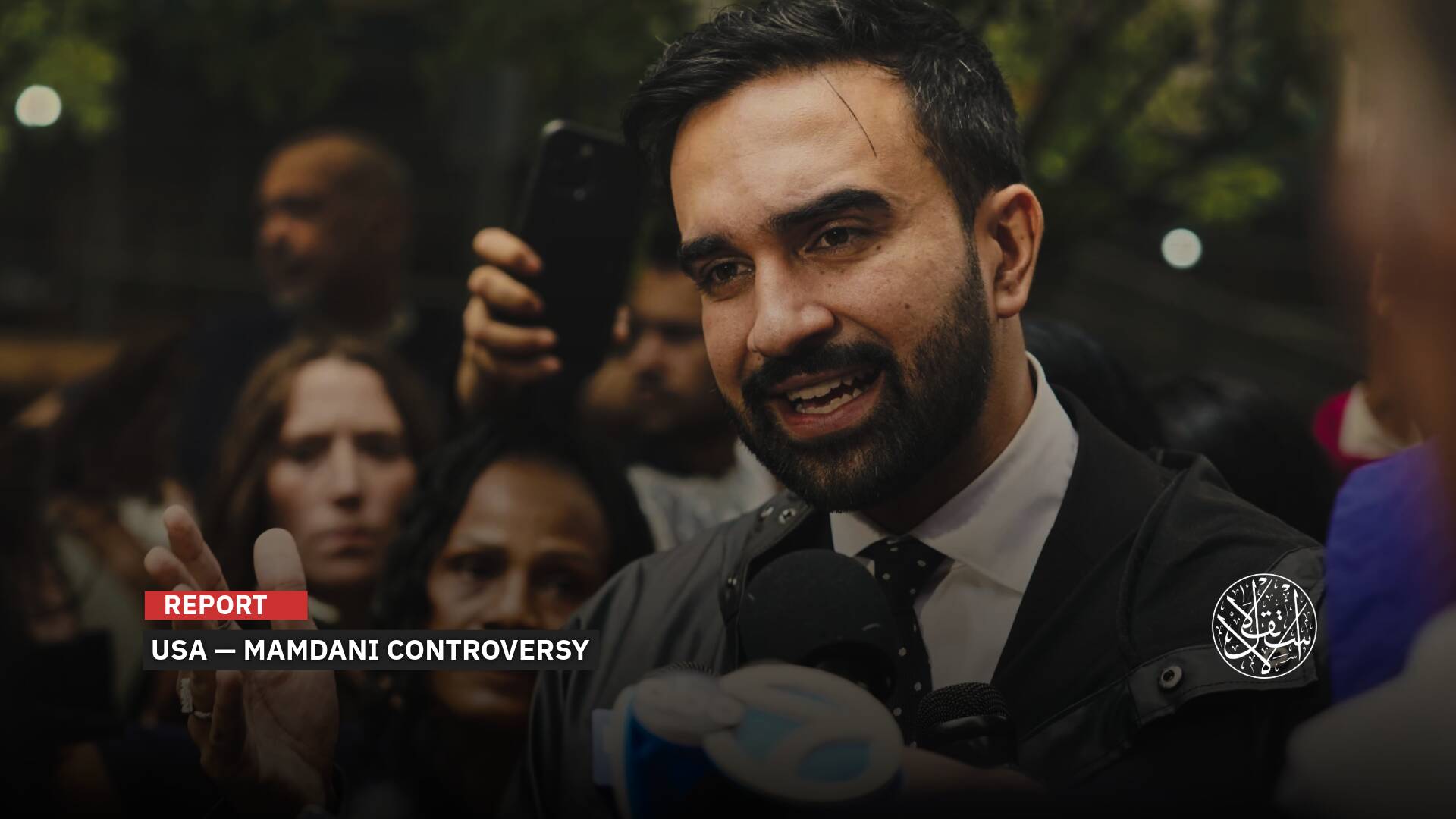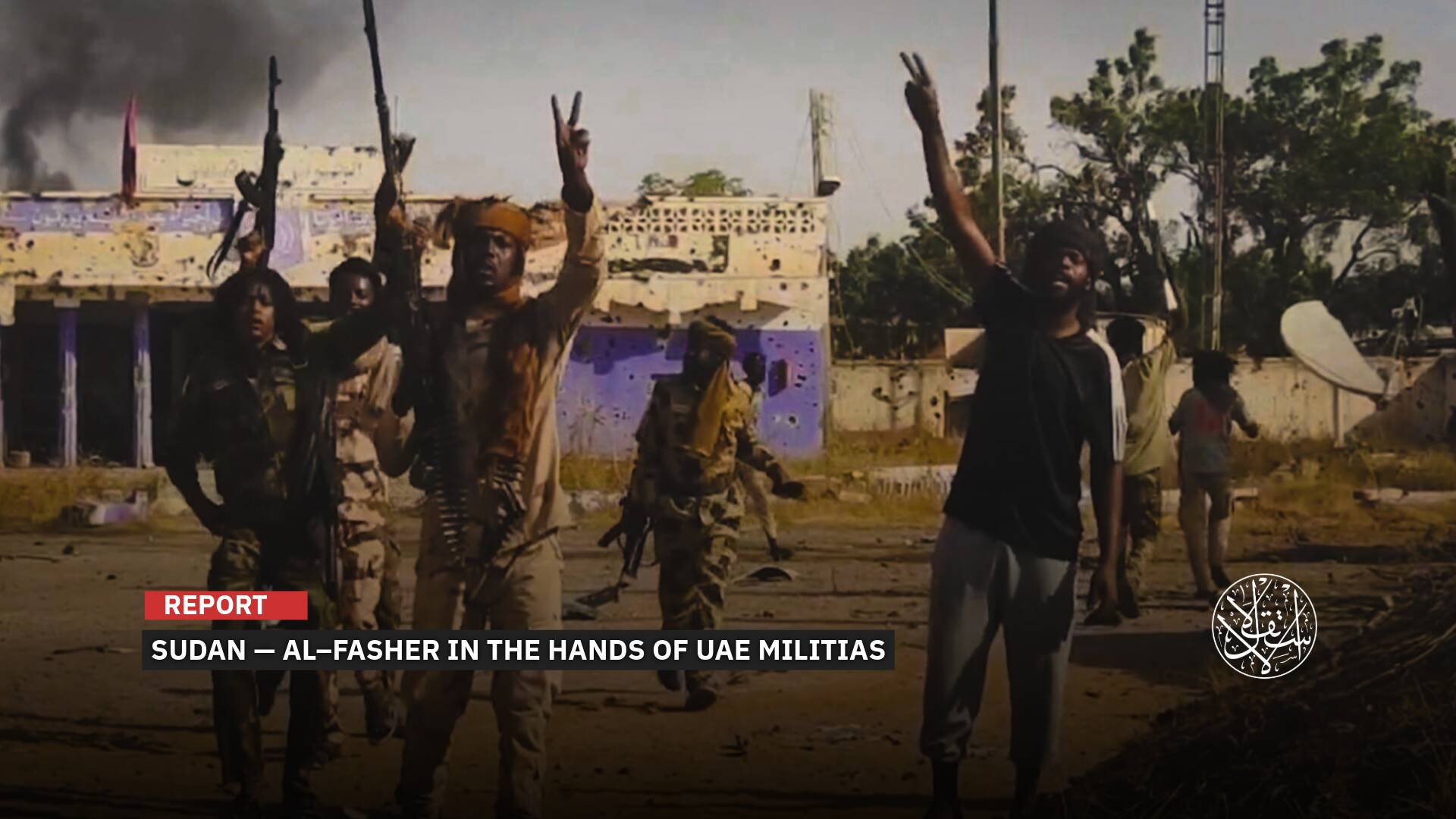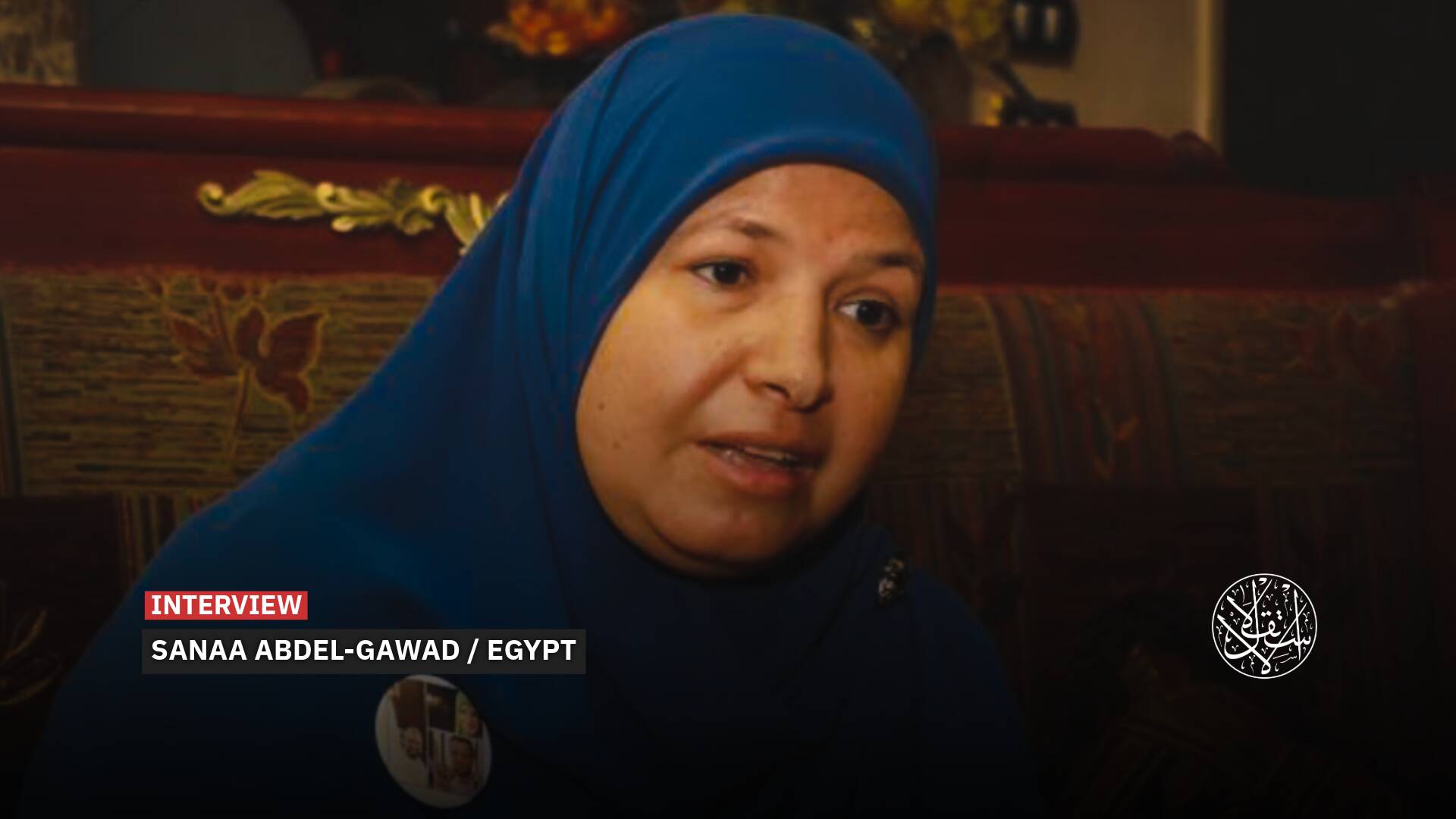A New Approach: Is Trump Paving the Way for a Deal with the Houthis to End Yemen's Crisis?

Trump is likely to pressure Gulf states, especially Saudi Arabia, for concessions.
As Donald Trump returns to the White House after a sweeping victory, pressing questions loom over his approach to the long-stalled Yemen conflict, left unresolved under Joe Biden.
Trump secured a decisive win over Democrat Kamala Harris on November 6, 2024, in an election that drew millions to the polls, while Republicans also claimed a Senate majority, strengthening Trump’s mandate.
Trump’s victory margin surpassed four million votes over Harris, with pivotal wins in key battleground states, including Pennsylvania, Wisconsin, North Carolina, and Georgia.

Potential Agreements
Regarding Trump's potential policy on Yemen, Abdulsalam Mohammed, head of the Yemeni think tank Abaad Studies and Research Center, said the new U.S. president holds a hardline stance on Iran and its regional allies, making a return to his previous policies likely.
“Before leaving office, Trump withdrew from the Iran nuclear deal, froze Tehran’s assets, and designated the Houthis as terrorists,” he told Al-Estiklal.
“Now, with his return, it’s possible he’ll place them back on the terrorism list."
Mohammed predicted that if a U.S. military strike happens in Yemen, it won’t be under Biden, but during the transition to Trump’s second term. “If Biden doesn't act, expect Trump to take military action quickly. His approach will likely center on financial agreements with Gulf countries over principles.”
Trump’s military decisions would be tied to deals with regional allies, seeking financial compensation in return; while Yemen’s conflict has been a Gulf issue, recent Houthi attacks in the Red Sea have made it a global concern, pushing the U.S. to focus on securing these vital waters, according to Mohammed.
“If the Houthis stop their Red Sea operations, international forces could step in,” he said.”But if they continue targeting ships, Trump won’t hesitate to act militarily.”
In January 2024, under Operation Prosperity Guardian, the U.S., Britain, and over 20 allies conducted hundreds of airstrikes on Houthi targets to curb attacks on “Israel”-linked vessels in the Red Sea. The Houthis continue targeting Red Sea and Arabian Sea vessels linked to “Israel” in support of Palestinians in Gaza, who have faced continuous Israeli aggression since October 7, 2023.

Politics of Pressure
Yemeni affairs expert Walid al-Jabze commented on Donald Trump’s victory over Kamala Harris to become the 47th president of the United States, saying Yemenis are cautiously optimistic amid a period of global uncertainty, with particular concern in the Arab world.
“Trump’s win will have positive impacts for Americans, though I don’t expect much change in U.S. foreign policy,” he told Yemen Monitor.
“I do hope, however, that Trump’s victory might at least partly influence events in the Middle East, particularly in curbing Israel’s brutal actions against the people of Gaza and its aggression against Lebanon.”
“There is a sense of relative optimism in Yemen about Trump’s return, though I doubt any significant shift in U.S. policy toward the Yemen conflict. However, there might be a serious U.S. push to pressure the Houthis into halting their Red Sea attacks and to reinstate them on the terrorism list,” he noted.
“Trump may look to leverage Gulf states, particularly Saudi Arabia, by framing it as a need to safeguard their critical economic and strategic interests from Iranian-backed threats in the region, especially those posed by the Iran-aligned Houthis.”
Meanwhile, Mohammed Ali al-Houthi, a senior member of the Houthi Supreme Political Council, responded defiantly, saying, “American interests in the region remain at the mercy of our firepower and missiles. To Trump and the U.S. at large, as our leader [Abdul Malik al-Houthi] has said, you know the Yemeni people—and you will know them even more now.”
“The missiles that were fired while you [Trump] were in power are still in our hands, and U.S. interests in the region remain under the fire of our missiles and aircraft,” al-Houthi said while addressing a crowd protesting Israeli attacks on Gaza and Lebanon in Sa’dah on November 8.
“Any escalation from Trump won’t hurt us—we stand for justice, while you stand for falsehood.”
One day prior, Houthi leader Abdul Malik al-Houthi asserted that “the U.S. election outcome will not affect our principles. Our adversaries have no choice but to halt the assault and blockade on Gaza and end the aggression on Lebanon.”
“Yemen and the region have experience with Trump. The result was he failed to prevail in Yemen, Palestine, Lebanon, Syria, Iran, and Iraq.”

‘This War Has to End’
The next U.S. administration will likely face pressure from defense officials to expand operations against the Yemeni group, as per Middle East Eye (MEE).
The British website cited Biden’s previous 2021 remarks, in which he halted U.S. offensive military support for Saudi Arabia’s war against the Houthis in Yemen, stating, “This war has to end.”
Sanam Vakil, director of Chatham House’s Middle East and North Africa program, told Middle East Eye that the Biden administration was stuck trying to thread the needle between two opposing goals.
“Ending the war in Yemen and protecting freedom of navigation is somewhat contradictory because truly ending the war will further institutionalize the Houthis,” Vakil said.
According to MEE, curbing Houthi influence is expected to be a priority for the next U.S. administration. Efforts to address the Houthi threat have divided the U.S. foreign policy establishment and strained its ties with Arab partners.
Currently, Yemen is under a truce since 2022, which gained further momentum in April 2023 when Saudi Arabia’s ambassador to Yemen, Mohammed al-Jaber, visited Sanaa for talks with Houthi officials, aiming to “solidify” the ceasefire.
On September 14, 2023, a Houthi delegation arrived in Riyadh for the first time since the Houthis’ seizure of power. Talks between the Houthis and Saudi officials, mediated by Oman, lasted five days. After returning to Sanaa on September 19, the Houthi delegation described the discussions as “serious and positive,” though no significant progress was announced.
In February 2021, the Biden administration removed the Houthis from the Foreign Terrorist Organization (FTO) list, reversing a Trump-era designation imposed in his final weeks in office. Secretary of State Antony Blinken cited humanitarian concerns in justifying the reversal, as the FTO designation threatened aid delivery to the Yemeni population.
Throughout Biden’s three years in office, the U.S. took a conciliatory approach toward the Houthis until early 2024, when both Washington and London mobilized military resources to counter Houthi attacks in the Red Sea, escalating tensions considerably.
On January 17, 2024, the U.S. designated the Houthis as a “Specially Designated Global Terrorist (SDGT) entity” with the classification officially taking effect in mid-February in response to Red Sea attacks. While this designation freezes the Houthis’ assets under U.S. jurisdiction and restricts financial and trade dealings with them, it is less stringent than the previous FTO designation under Trump.
Sources
- US elections 2024: Can the next US president roll back the Houthis' power in the Red Sea?
- Al-Houthi warns Trump: American interests are under our missiles [Arabic]
- How did Yemenis react to the victory of US President Donald Trump? [Arabic]
- Al-Houthi comments on Trump's victory in the US presidential elections and explains Ansar Allah's future steps [Arabic]
- After returning to power: How will Trump deal with the Houthis in Yemen? [Arabic]
- What is behind the establishment of a new party bloc in Yemen? [Arabic]










